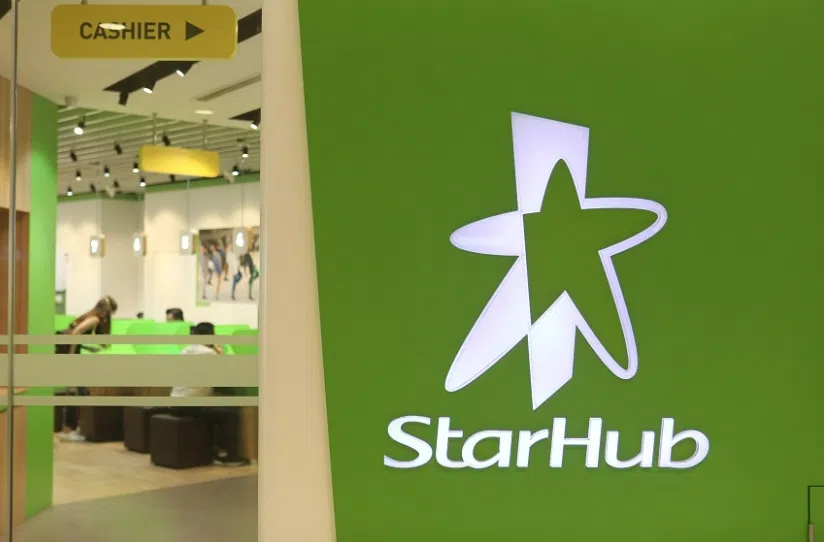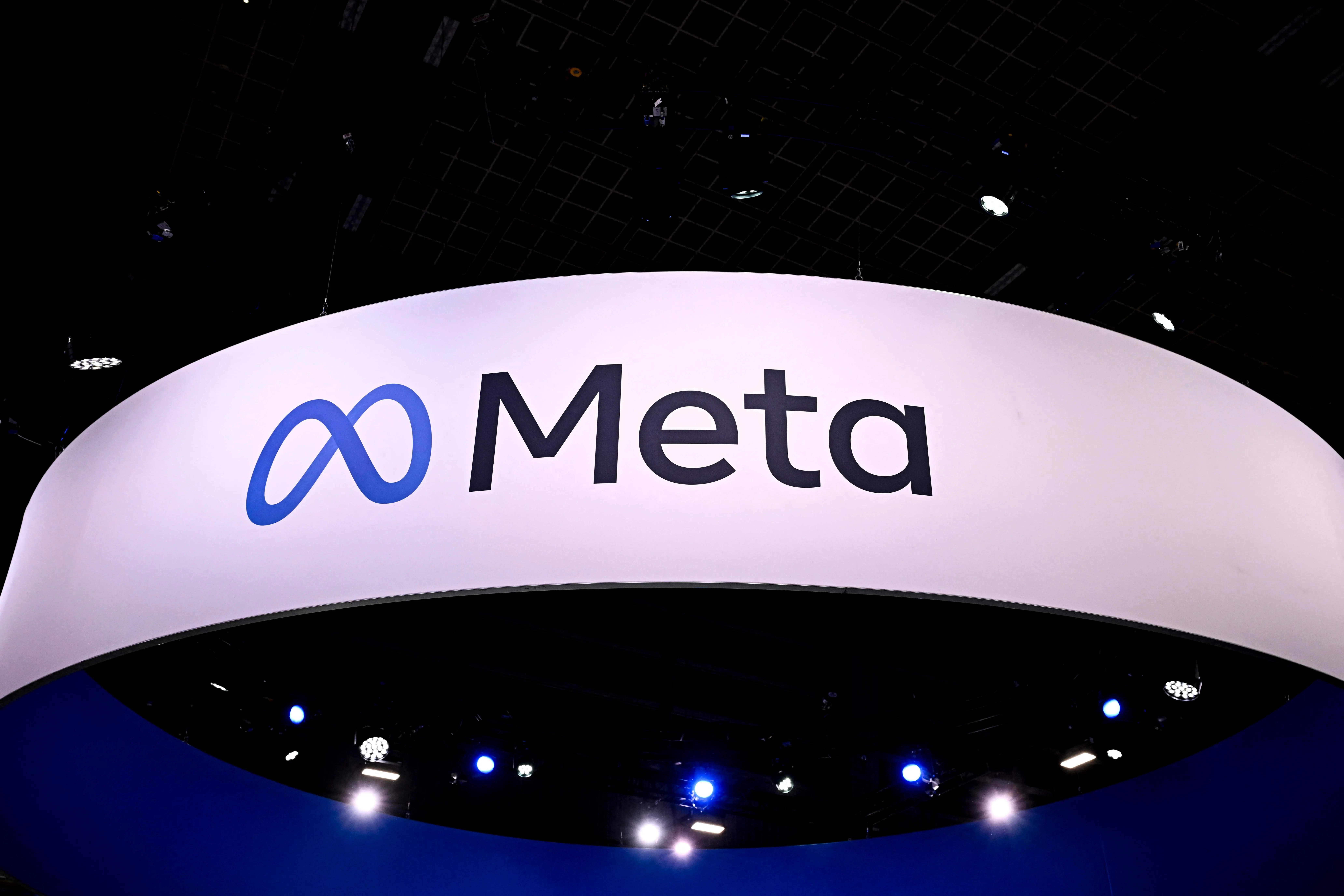STARHUB on Friday (Feb 21) posted a net profit of S$78.4 million for the second half of its financial year ended December, up 7.5 per cent from S$72.9 million in the previous corresponding period.
This translates to an earnings per share of S$0.043 for the recorded period, up from S$0.04 in H2 2023.
The telco’s revenue over the same period fell 0.3 per cent on the year to S$1.3 billion, mainly due to lower contributions from its mobile, entertainment and sales of equipment business segments. The lower contributions were, however, partially mitigated by higher growth from its broadband and enterprise business.
Meanwhile, its service revenue grew 2.6 per cent to S$1.1 billion, while service earnings before interest, taxes, depreciation and amortisation edged up 1.6 per cent on the year to S$222.9 million.
Excluding cryptographic technology company D’Crypt, which the telco sold to ST Engineering last year, StarHub’s H2 service revenue and total revenue would have been S$1.1 billion and S$1.3 billion, respectively.
By segments
Mobile service revenue fell 6.2 per cent on the year to S$287.3 million, mainly due to lower postpaid and prepaid mobile contributions.
BT in your inbox
Start and end each day with the latest news stories and analyses delivered straight to your inbox.
Entertainment service revenue fell 9.7 per cent on the year to S$103.1 million, led by a reduction in subscribers, as well as lower commercial television and advertising revenue.
Meanwhile, broadband service revenue rose 2.6 per cent on the year to S$127.3 million, driven by an increase in subscription revenue from growth in higher bandwidth plans and bundles.
Enterprise business revenue was also up 10.7 per cent on the year to S$563.7 million, led by higher contributions from data and internet, managed services and cybersecurity services, as well as regional ICT services.
StarHub chief executive Nikhil Eapen said: “Enterprise continues to be our key growth driver, reporting exceptional growth this year as we scale Modern Digital Infrastructure for Smart City use cases in Singapore and Asean.”
He added: “We reiterate our commitment to create long-term total shareholder return through growth, dividends and share buybacks.”
The group declared a final dividend of S$0.032 per share, down from S$0.042 per share proposed in the year-ago period. The dividend will be paid on May 16.
Combined with the interim dividend of S$0.03 per share, the total dividend to be distributed for the full year ended Dec 31, 2024, amounts to S$0.062.
While the total issuance exceeds StarHub’s FY2024 dividend guidance of S$0.06 per share, it is lower than the S$0.067-per-share dividend proposed in FY2023.
For the full-year, StarHub posted a 7.3 per cent increase in net profit to S$160.5 million, while revenue rose 0.2 per cent on the year to S$2.4 billion.
The telco said it will continue to “defend and grow market share” across core consumer segments, while implementing cost optimisation strategies to improve margins across all segments.
It expects the enterprise managed services and regional ICT services segments to continue delivering growth. It also plans to “aggressively scale” its enterprise business segment, while exploring accretive mergers and acquisitions deals to scale further in the Asean region.
Shares of StarHub ended Thursday flat at S$1.26.




